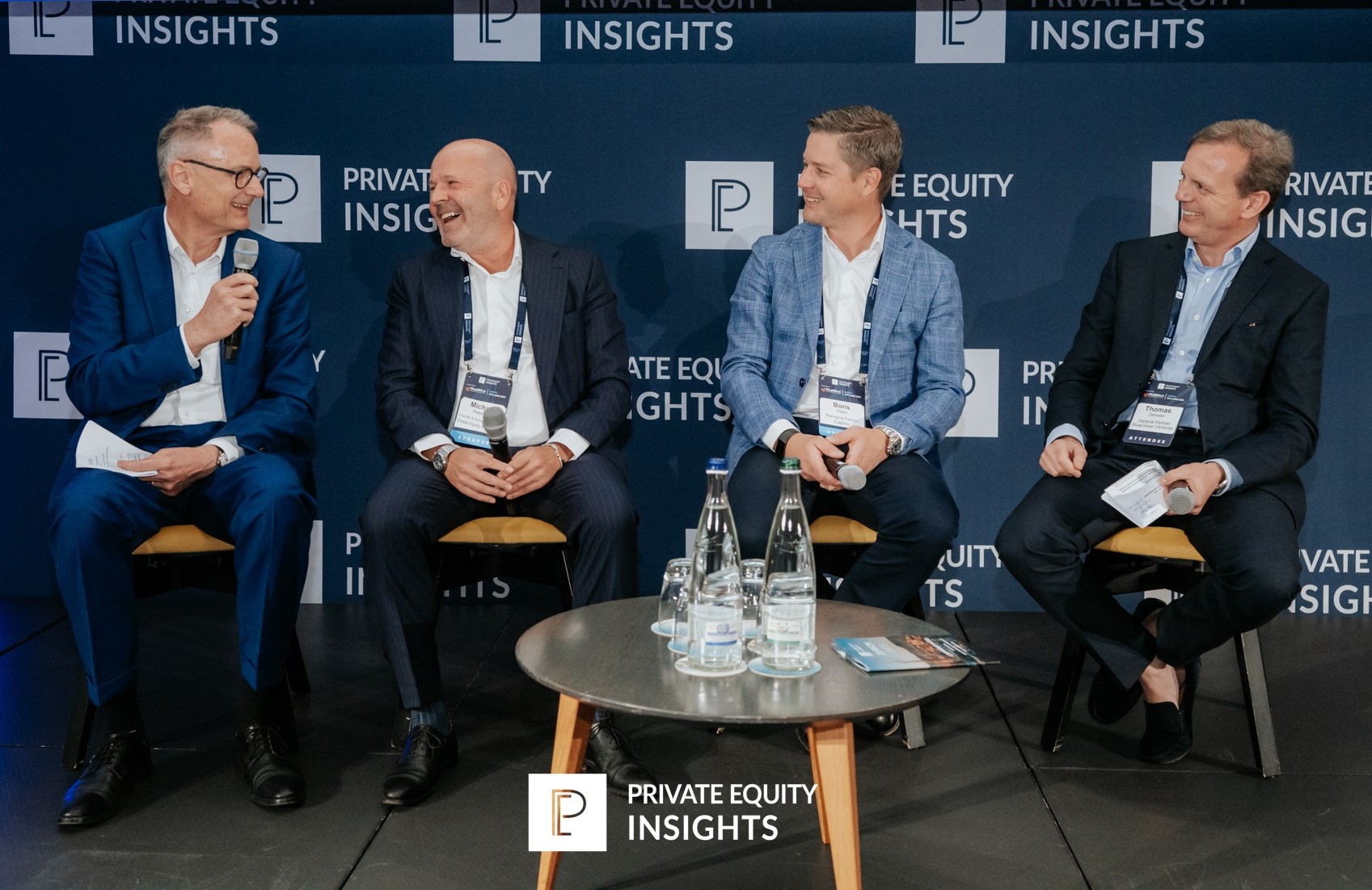
Edwards Deming, the father of modern-day statistical process control and Total Quality Management, understood that reducing sources of variability in business produces consistent results with greater efficiency. Quality issues increase output variance and exceptions that incur a disproportionate cost to resolve. Deming was an engineer, mathematician and physicist. He understood system analysis and optimisation. His TQM has been successfully applied by Toyota and countless other top manufacturers to identify and reduce sources of variability and waste in production. Investment managers face a similar challenge. They need to reduce variability as a means to increase average returns.
Deming’s TQM is the right approach for private equity also. It starts with identifying sources of variability in investment performance. And there are many. Demand can vary. New competition can take share. And technology may disrupt. But these are longer-term external factors that can be assessed and mitigated through fact-based due diligence. Funds are steadily industrialising their investment processes to reduce these sources of variability.
The bigger problem facing buyouts today is internal variability with organisational effectiveness. Variance with management as a key enabler is particularly important right now, as companies face unprecedented external risks including supply bottlenecks, geopolitical disruption, commodity price and currency fluctuations, and a likely recession. This is the moment when Deming’s TQM should be applied to organisations in order to reduce variability and ensure stable returns despite increased market turbulence.
Funds have tried to reduce organisational variability with management assessments. But these don’t deliver pragmatic insights about the way an organisation is working below the senior team. Culture surveys don’t work either because they measure a broad set of factors, many of which don’t link with implementing the value creation plan.
What’s needed is an objective measure of organisational behaviours that drive the ability to make and implement decisions at all levels and in each function – the foundation for collective adaptation and agility. This understanding of organisational “system response” is the missing link between Deming’s fact-based TQM and PE value creation. Humatica’s Altus tool and behavioural benchmarks provide the necessary statistical process control for measuring the quality of interactions that drive the collective ability to adapt and implement the value creation plan. By comparing behaviours in a team with the statistical distribution from thousands of other teams, behavioural bottlenecks that impair the ability to implement the value creation plan are identified and can be resolved.
Deming understood the power of statistical process control and feedback to improve business performance. It’s time to apply his proven methods to organisational systems. Humatica’s behavioural benchmarking is delivering the hard facts to leverage TQM methods across private equity portfolios for reducing variability and increasing returns.
This article was originally published as the Humatica Corner in Real Deals magazine.

Resilience isn’t a buzzword anymore—it’s the make-or-break factor for portfolio companies navigating today’s volatility. That was the takeaway from the standout panel at the PE…
Read more
Rightsizing an organization is never easy. But, it is a normal process as firms adapt to changing market requirements. More recently, higher interest rates, AI…
Read more
The promise of AI and turbulence introduced by the Trump tariffs have renewed focus on rightsizing and efficiency improvement as levers for value creation and…
Read moreReceive our news and valuable perspectives on organizational effectiveness each month.